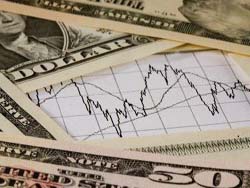
Emotional reaction to stress are more dangerous to health and, in particular, for the heart, than the frequent stress by themselves. This is the conclusion a group of scientists at Columbia University and Pennsylvania State University.
It has long been known that severe stress has a negative impact on health and can cause the development of several heart diseases. However, the impact of many small problems that any person faces quite often, have been less studied, experts say.
In the new study, scientists have challenged ourselves to figure out the extent to which small problems and disappointments affect your heartbeat. For this, the researchers collected data on about 900 people aged 35 to 85 years. Scientists have studied their heartbeat by using the electrocardiogram, and taeja for eight days watched, as did the heartbeat of volunteers and daily check by phone, what events they had to face during the day. The level of “stressosome” each situation were asked to identify on a four-point scale — “very stressful”, “quite stressful”, “not too stressful” or “not stressful”. Also the volunteers had to tell about moments when they experienced negative emotions — such as excitement, sadness or anger.
The survey showed that one or another stressful situation, study participants, on average, met less often, than time in two days. In this case, those of them who inclined less to worry about when it occurs, was observed a higher rate of variability of cardiac rhythm variability of heart rate. This means that the risk of heart disease in such people was lower








